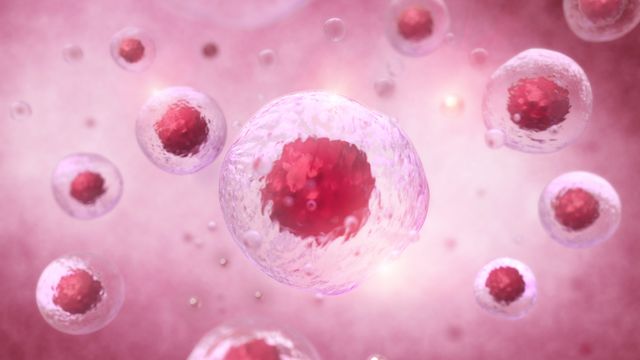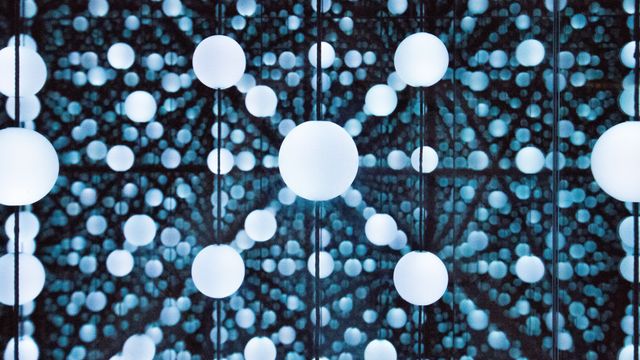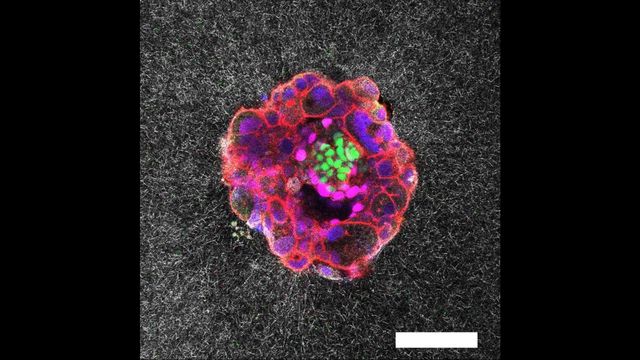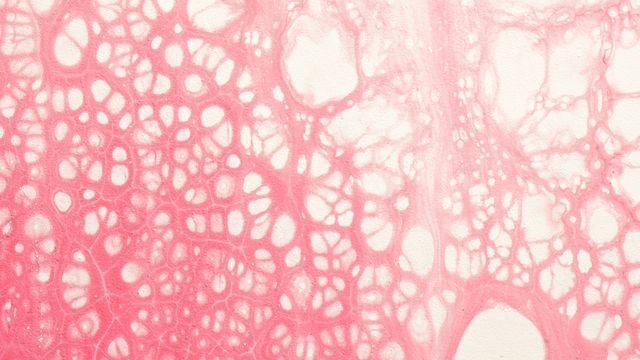Trending News
News

News
Cellular Immunotherapies Tendency to Self-Destruct Explained
Researchers have discovered that immune cells are the unexpected source of a protein called FAS-ligand, which has undermined the cancer-fighting ability of engineered cell therapies.

News
Temporary Tattoo Detects Date Rape Drug in One Second
Researchers developed a tattoo-like wearable sensor that detects GHB, often used in drink spiking, within one second. The discreet sticker changes color when exposed to the drug and retains the signal for 30 days.

News
Squid Ink Helps Scientists Create Colorful Plastic Without Dyes or Pigments
Citric acid and squid ink can be used to develop a new range of structurally colored plastics that are recyclable and made from natural biodegradable ingredients.

News
High-Entropy Alloy Outperforms Steel for Improving Safety in Nuclear Reactors
A high entropy alloy exhibits fewer defects that stainless steel under nuclear reactor-like conditions. The material could be used for improved equipment manufacturing or shielding in the nuclear industry.

News
Gold Nanoclusters Promise Scalable Option for Quantum Computers, Sensors
New research shows that gold nanoclusters can mimic the key properties of the most accurate systems currently used in quantum applications, showing promise for a tunable, scalable option for quantum devices.

News
Biodegradable Bioplastic Designed to Tackle Deep Sea Plastic Pollution
Researchers have developed a new bioplastic that can be broken down by bacteria in marine environments to form environmentally benign compounds, avoiding contributing to marine plastic waste.

News
Toxic PFAS Found in Reusable Menstrual Products
A new study found PFAS in all 59 reusable menstrual and incontinence products tested. About one-third showed signs of intentional PFAS use. These persistent chemicals raise concerns due to potential health risks and environmental contamination.

News
Glucose Metabolism Visualized at Single-Cell Level for First Time
In a scientific first, Vanderbilt and UC San Diego researchers have created a high-resolution metabolic map showing how cells process glucose. The technique integrates stable isotope tracing, microscopy and AI analysis to track glucose metabolites.

News
Physicists Discover Aluminum-20, a New Three-Proton-Emitting Isotope
For the first time, researchers have observed aluminium-20, a previously unknown and unstable isotope that decays via the rare process of three-proton emission.

News
Scanning Tunneling Microscopy Method Reveals Subsurface Atomic Structure
Researchers have successfully modified a scanning tunneling microscopy method to image structural and magnetic properties that lie beneath the surface of a material.
Advertisement




